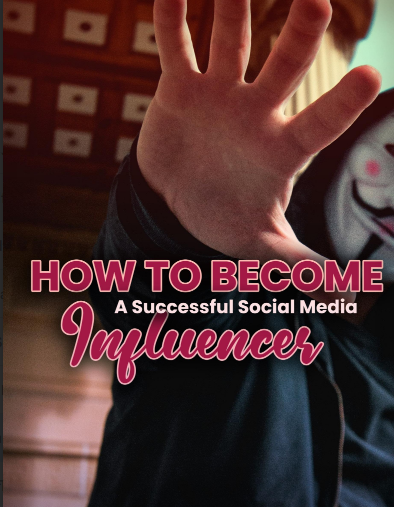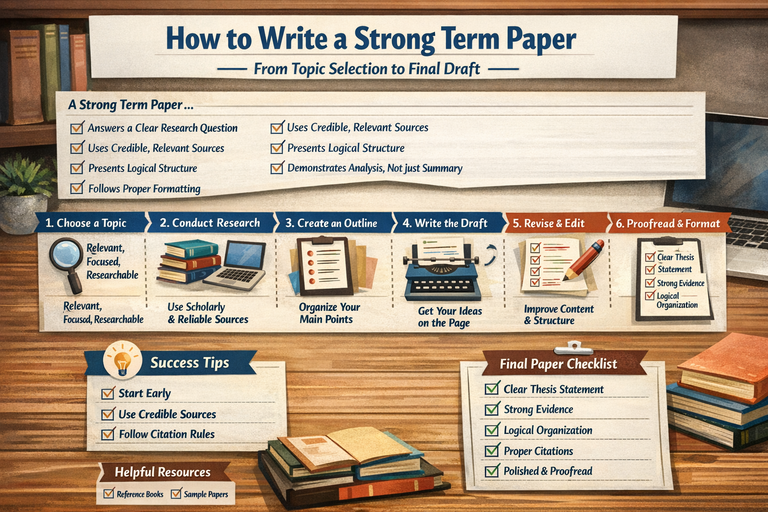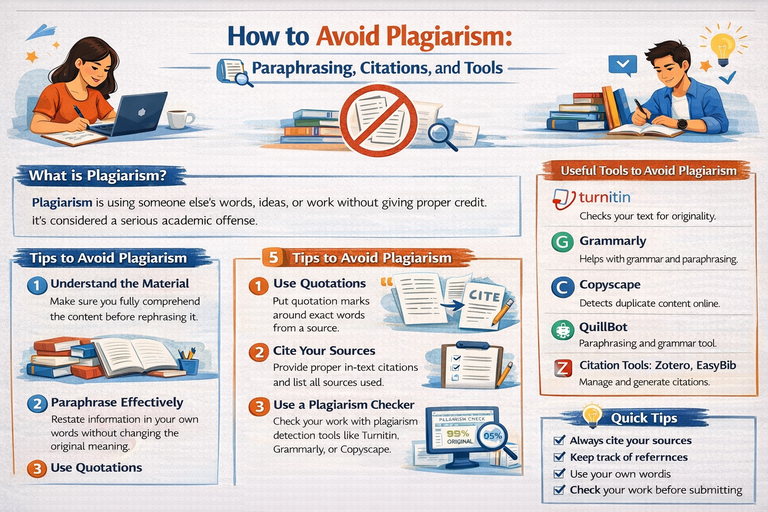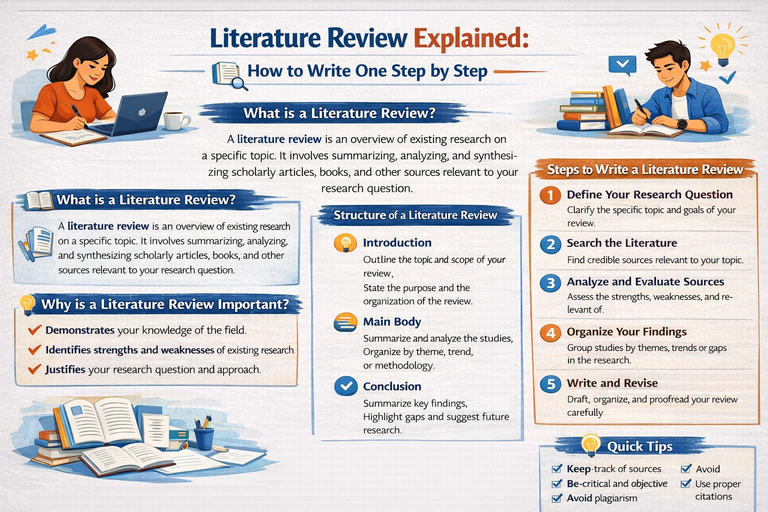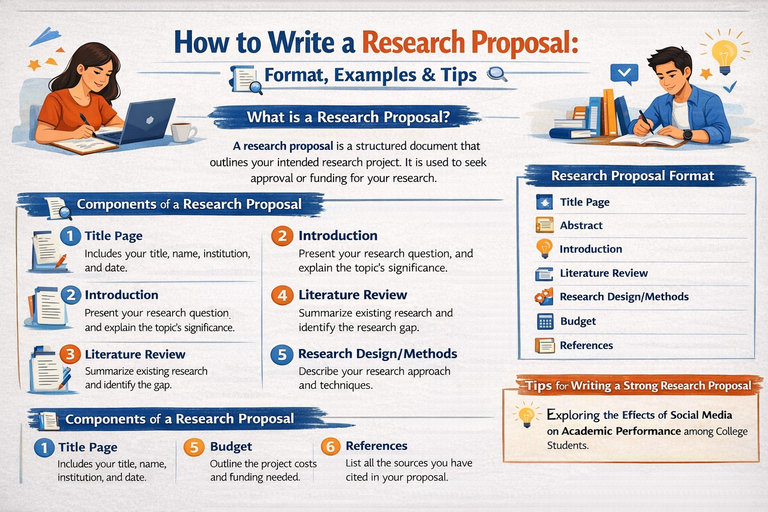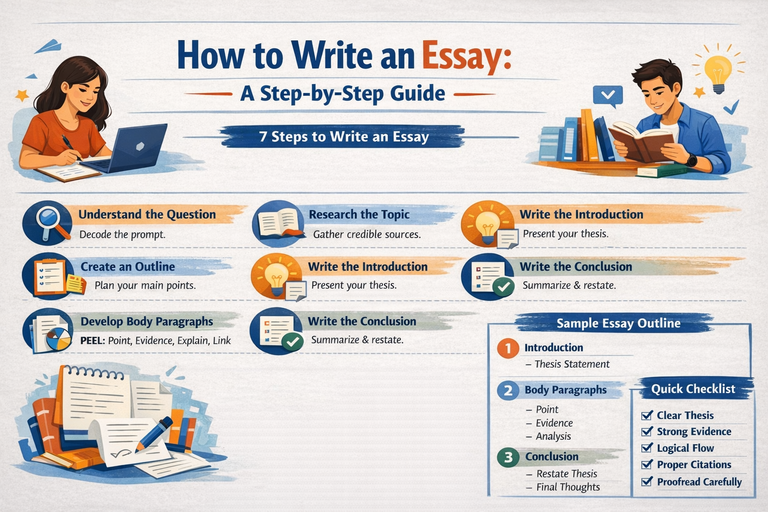Money, Morals, and Motivation: Character-Driven Business Stories in Literature
Business fiction is not just about boardrooms, balance sheets, or bottom lines. At its heart, it is about people—characters driven by ambition, shaped by ethics, and motivated by personal dreams or desperation.
These stories, rich in psychological complexity and emotional tension, offer a deeper exploration of what drives individuals to build, break, or transform enterprises. In literature, the intersection of money, morals, and motivation provides fertile ground for narratives that challenge readers to reflect on the costs and rewards of success.
This article delves into how character-driven business stories in literature present nuanced portrayals of enterprise, exploring what truly motivates business figures, how their values evolve, and where personal integrity fits in the pursuit of profit.
The Pursuit of Wealth: Fuel for the Story
Money is the lifeblood of commerce and often the spark that ignites character journeys in business fiction. Yet, in literature, financial gain is rarely depicted as a flat goal. It is typically entangled with identity, status, and power.
In The Great Gatsby, F. Scott Fitzgerald presents Jay Gatsby as a man who builds his fortune not for its own sake, but to reclaim a lost love. Gatsby’s wealth is a tool, a mask, and ultimately a mirage—his tragic arc shows that money, without emotional grounding or moral clarity, cannot buy fulfillment.
Similarly, in Jeffrey Archer’s Kane and Abel, both protagonists start from humble beginnings but take very different paths to immense wealth. Their lives mirror each other’s, yet their motivations—Kane’s legacy-driven banking vision versus Abel’s revenge-fueled entrepreneurship—highlight how money can either construct a legacy or become a weapon in personal warfare.
These characters show that money is never neutral. It reflects the inner workings of a character’s psyche and is shaped by the emotional and cultural baggage they carry.
Moral Compasses: Navigating Right and Wrong in Business
Moral tension is a central force in character-driven business fiction. Characters frequently face dilemmas that pit ambition against conscience, forcing readers to wrestle with the complexity of ethical leadership.
In The Financier by Theodore Dreiser, Frank Cowperwood is a shrewd businessman who manipulates financial systems to build his empire. He is intelligent and charismatic, yet unrepentant in his manipulation. Dreiser doesn’t villainize him outright but paints a portrait of a man seduced by his own sense of invincibility. The novel asks whether success justifies the means—and what society is willing to overlook in pursuit of financial gain.
On the opposite end, Arthur Miller’s play All My Sons explores the emotional consequences of putting profit over ethics. Joe Keller, a factory owner, knowingly sells faulty airplane parts during World War II, leading to the deaths of soldiers. His decision, driven by a desire to protect his business and family, spirals into moral catastrophe. Here, the business decision is deeply personal, showing that ethical compromise—even when done "for the right reasons"—can haunt generations.
These stories underscore that morality in business is not about rules alone; it is about human consequences. Good business literature understands that ethical choices are rarely simple, and often deeply personal.
Motivation Beyond Profit: The Human Factor
What motivates a fictional entrepreneur? The answer varies—recognition, security, rebellion, revenge, or legacy. Business fiction often peels back the public face of success to explore the inner fire that propels its characters.
In Americanah by Chimamanda Ngozi Adichie, the protagonist Ifemelu’s entrepreneurial path as a blogger isn’t initially driven by profit. Instead, it stems from a desire to voice the lived experience of Black immigrants in America. Her story reflects a broader view of entrepreneurship—one driven by identity, advocacy, and cultural commentary. The business she creates becomes a platform for truth rather than mere income.
Then there's The Bonfire of the Vanities by Tom Wolfe, which follows Sherman McCoy, a successful bond trader whose life unravels after a wrong turn—literally and figuratively. Sherman’s downfall is as much about his pursuit of prestige as it is about money. His motivations are tied to maintaining an image, a lifestyle, and a sense of superiority. The novel exposes how fear, ego, and social pressure can drive poor decisions, even in the most outwardly confident businesspeople.
Characters in these novels remind us that motivation in business is multi-dimensional. Money may be the goal, but the reasons behind it are always emotional, historical, and deeply human.
Women in Business Fiction: Breaking the Mold
While many classic business novels center male protagonists, modern literature increasingly includes powerful female business figures whose journeys enrich and complicate the genre.
In The Valley of the Dolls by Jacqueline Susann, women enter the business of celebrity and pharmaceuticals. Though not conventional tycoons, the characters navigate fame, beauty, and commerce in an industry that commodifies the female body. Their struggles for autonomy and agency reflect broader issues of gender and capitalism.
Similarly, Lessons in Chemistry by Bonnie Garmus centers on Elizabeth Zott, a chemist who becomes a television personality. Her motivations lie in dismantling the sexist barriers in science and media. Her brand of leadership—steely, empathetic, and unapologetic—offers a refreshing model of female-driven business success that isn’t rooted in the traditionally male idea of conquest.
Through such stories, literature is redefining what a business leader looks like and what success means across gender lines.
The Fall and the Rise: Redemption in Business Fiction
Failure is as integral to business fiction as success. Characters who fall from grace often offer the most compelling arcs, particularly when they confront their flaws and seek redemption.
In Iain Banks’ The Business, Kate Telman works for a mysterious global corporation. Her ascent through the ranks forces her to confront not only corporate politics but her own complicity in a morally ambiguous empire. Her story is one of disillusionment—but also of awakening. She learns that leadership is not just about control but also about taking responsibility for consequences.
John Grisham’s The Firm follows a young lawyer, Mitch McDeere, who discovers that the prestigious firm he works for is a front for organized crime. His moral journey—from complicity to whistleblower—is a classic tale of conscience over convenience. His decision to walk away from wealth and comfort in favor of truth is a strong commentary on the integrity it takes to leave a corrupt system.
These stories suggest that in business, redemption is possible—but not without cost. They offer hope that even in ethically grey worlds, character still matters.
Conclusion: Literature’s Take on Enterprise and Humanity
Character-driven business stories in literature reveal that behind every deal is a dream, behind every ledger is a life. Money may be the medium, but the real stakes are emotional and ethical. By focusing on individuals—flawed, passionate, brilliant, and broken—these narratives explore the psychological and moral fabric of enterprise.
Whether it’s a rags-to-riches journey, a moral descent, or a visionary transformation, business fiction allows us to study leadership, ambition, and values in dramatic, often unforgettable ways. These stories remind us that the world of business is not just a system—it is a deeply human endeavor.
Would you like this adapted into a blog article for junkybooks or formatted for social media teasers as well?



